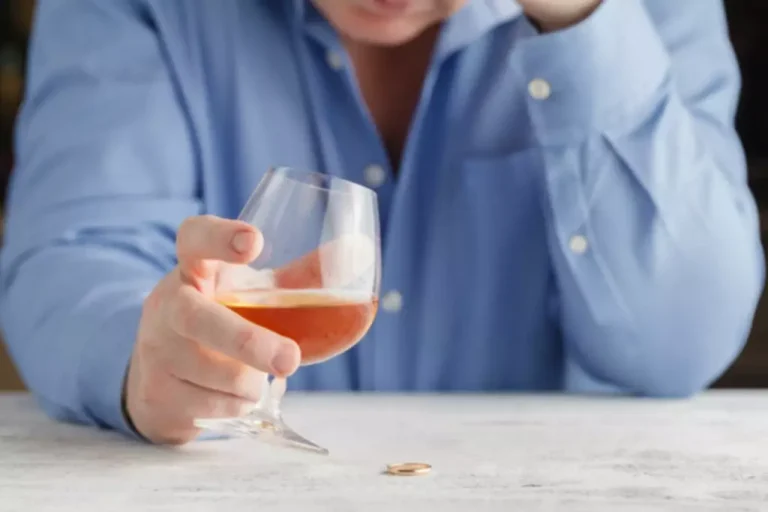
The 4th edition (2001) is also freely available online.12 Marty Mann (1904–1980) wrote the chapter “Women Suffer Too” in the second through fourth editions of the Big Book. This practical 90-page booklet demonstrates through simple example how A.A. Members throughout the world live and stay sober one day at a time. Bill W.’s 24 essays on the Steps and the Traditions discuss the principles of individual recovery and group unity. Acceptance was an idea in a story in the 3rd edition and stories are not included here. See page 449 in the 3rd edition or page 417 in the 4th edition.

Personal Stories – Part I
Known as the “Big Book”, the basic text of Alcoholics Anonymous has helped millions of people worldwide get and stay sober since the first edition appeared in 1939. Opening chapters articulate A.A.’s program of recovery from alcoholism – the original Twelve Steps – and recount the personal histories of A.A.’s co-founders, Bill W. Known as the “Big Book,” the basic text of Alcoholics Anonymous has helped millions of people recover from alcoholism since the first edition appeared in 1939. Chapters describing the A.A. Fourth edition (2001) of the Big Book, basic text of A.A.
The Twelve Steps

Best known as the publisher of the “Big Book,” A.A.W.S.’s mission is to carry the message of recovery from alcoholism through print, ebooks, audio books, video, PSAs and more. Alcoholics Anonymous, also known as the “Big Book,” presents the A.A. Program for recovery from alcoholism. First published in 1939, its purpose was to show other alcoholics how the first 100 people of A.A. Now translated into over 70 languages, it is still considered A.A.’s basic text. Having had a spiritual awakening as the result of these Steps, we tried to carry this message to alcoholics, and to practice these principles in all our affairs.

Big Book ASL – Chapter 2 – There Is a Solution
Enjoy features only possible in digital – start reading right away, carry your library with you, adjust the font, create shareable notes and highlights, and more. These ebooks can only be redeemed by recipients in the US. Redemption links and eBooks cannot be resold. The life story of the Fellowship’s co-founder interwoven with recollections of early A.A. A 120-page collection of stories by A.A.
Big Book ASL – Appendix III – The Medical View on A.A.
Members who write about what the phrase “spiritual awakening” means to them. The Twelve Steps are outlined in the book Alcoholics Anonymous. They can be found at the beginning of the chapter “How It Works.” Essays on the Steps can be read in the book Twelve Steps and Twelve Traditions. Members share how they stopped drinking and found a new healthier and more serene way of life through the Fellowship of Alcoholics Anonymous. Discover additional details about the events, people, and places in your book, with Wikipedia integration.
Big Book ASL – Chapter 1 – Bill’s Story

A selection of Bill W.’s General Service Conference talks from 1951 to 1970. Over 60 color and black-and-white images. Fifty-six retired stories from the first three editions of the Big Book come back in print in this anthology. Started, how the Steps and Traditions evolved, and how the A.A. Fellowship grew and spread overseas. Sought through prayer and meditation to improve our conscious contact with God as we understood Him, praying only for knowledge of His will for us and the power to carry that out.
Big Book ASL – Foreword to First Edition
Continued to take personal inventory and when we were wrong promptly admitted it.
- They can be found at the beginning of the chapter “How It Works.” Essays on the Steps can be read in the book Twelve Steps and Twelve Traditions.
- Best known as the publisher of the “Big Book,” A.A.W.S.’s mission is to carry the message of recovery from alcoholism through print, ebooks, audio books, video, PSAs and more.
- The 4th edition (2001) is also freely available online.12 Marty Mann (1904–1980) wrote the chapter “Women Suffer Too” in the second through fourth editions of the Big Book.
- How to use the twelve steps is explained using examples and anecdotes.
- New stories have been added to the personal histories.
- One chapter is devoted to agnostics, and another is named “To Wives” (most of the first AA members were men), and still another is for employers.
- Use this link to read the story on the AA.org Website.
The Big Book was originally published what does aa stand for alcohol in 1939, and serves as the basic text of AA. There have been numerous reprints and revisions, in addition to translations into dozens of languages.11 The second edition (1955) consisted of 1,150,000 copies. The book is published by Alcoholics Anonymous World Services and is available through AA offices and meetings, as well as through booksellers.
- The second part of the book (whose content varies from edition to edition) is a collection of personal stories, in which alcoholics tell their stories of addiction and recovery.
- The book is published by Alcoholics Anonymous World Services and is available through AA offices and meetings, as well as through booksellers.
- Big Book Online (PDF) of Alcoholics Anonymous.
- Fifty-six retired stories from the first three editions of the Big Book come back in print in this anthology.
Buying and sending eBooks to others
Some chapters target a specific audience. One chapter is devoted to agnostics, and another is named “To Wives” (most of the first AA members were men), and still another is for employers. The second part of the book (whose content varies from edition to edition) is a collection of personal stories, in which alcoholics tell their stories of addiction and recovery. Big Book Online (PDF) of Alcoholics Anonymous. This is the Fourth Edition of the Big Book, the basic text for Alcoholics Anonymous.
- Since the first edition appeared, in 1939, it has helped millions of men and women recover from alcoholism.
- Having had a spiritual awakening as the result of these Steps, we tried to carry this message to alcoholics, and to practice these principles in all our affairs.
- Bill W.’s Story and Dr. Bob’s Nightmare and the personal experiences of some alcoholics are detailed as well as the series of solutions which evolved to become the twelve-step program.
Since the first edition appeared, in 1939, it has helped millions of men and women recover from alcoholism. Recovery program remain unchanged. New stories have been added to the personal histories. The book16 consists of over 400 pages. Bill W.’s Story and Dr. Bob’s Nightmare and the personal experiences of some alcoholics are detailed as well as the series of solutions which evolved to become the twelve-step program. How to use the twelve steps is explained using examples and anecdotes.